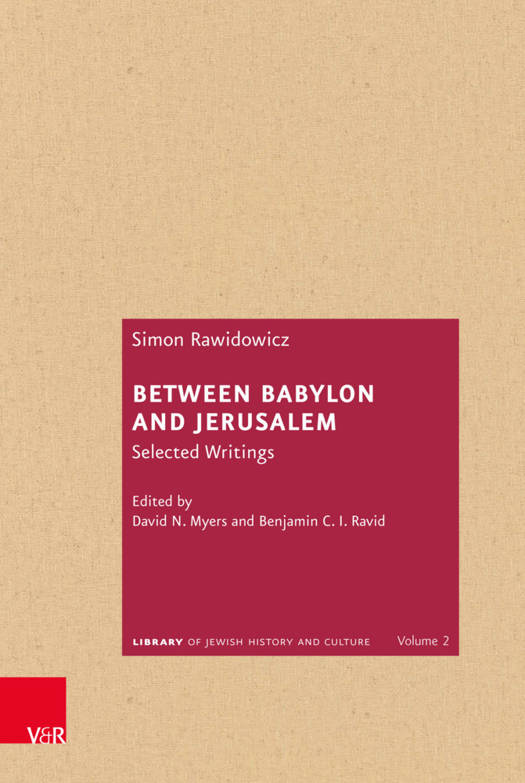
- Afhalen na 1 uur in een winkel met voorraad
- Gratis thuislevering in België vanaf € 30
- Ruim aanbod met 7 miljoen producten
- Afhalen na 1 uur in een winkel met voorraad
- Gratis thuislevering in België vanaf € 30
- Ruim aanbod met 7 miljoen producten
Zoeken
Omschrijving
Simon Rawidowicz (1896-1957) was one of the most innovative, if also underappreciated, Jewish thinkers of the twentieth century. He was a partner in conversation with many of the leading Jewish cultural or political figures of the first half of the century including David Ben-Gurion, Chaim Nahman Bialik, Martin Buber, and Simon Dubnow. His distinctive theory of "Babylon and Jerusalem" remains one of the most interesting formulations of Jewish national ideology, as it sought to mediate between the poles of Zionism and Diasporism. This volume captures Rawidowicz's multiple and overlapping concerns - both scholarly and contemporary - as well as the distinctive rich timbre of his Hebrew style. All those interested in modern Jewish thought, the relationship between Israel and Diaspora, the recurrent "Arab Question" in Zionist and Israeli politics, and the state of Jewish people will find benefit in this collection of new or hardly known texts from the pen of Simon Rawidowicz.
Specificaties
Betrokkenen
- Auteur(s):
- Uitgeverij:
Inhoud
- Aantal bladzijden:
- 428
- Taal:
- Engels
- Reeks:
- Reeksnummer:
- nr. 2
Eigenschappen
- Productcode (EAN):
- 9783525311257
- Verschijningsdatum:
- 14/12/2020
- Uitvoering:
- Hardcover
- Formaat:
- Genaaid
- Afmetingen:
- 155 mm x 231 mm
- Gewicht:
- 878 g

Alleen bij Standaard Boekhandel
+ 236 punten op je klantenkaart van Standaard Boekhandel
Beoordelingen
We publiceren alleen reviews die voldoen aan de voorwaarden voor reviews. Bekijk onze voorwaarden voor reviews.











